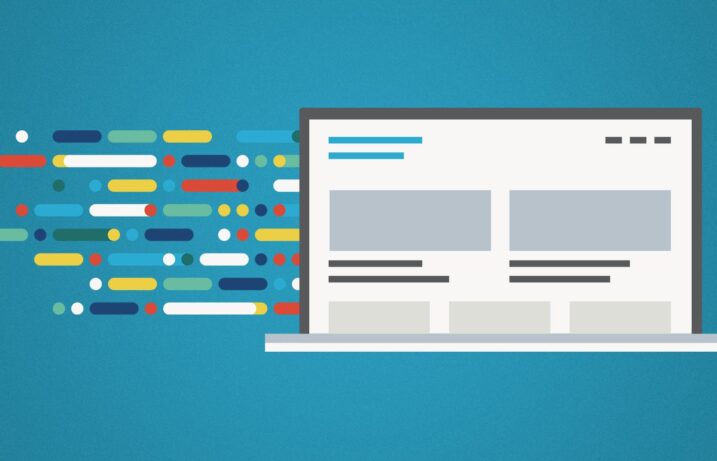It’s probably not news to you that the computer science industry has gotten a lot of attention recently. Job demand for developers and other people with technical know-how is booming, and will only increase in the future as we shift to a more digital world.
What if you’re excited to fill that demand but you’ve started another career path and feel like you missed the boat? What if you only discovered you’re curious about a career as a developer after graduating from a four-year university with a non-CS degree?
Enter coding bootcamps, like Flatiron School, that are now preparing thousands for fulfilling, creative, and lucrative careers in web development who may not have otherwise had the opportunity.
So what does a transition to a development career really entail? First of all, there’s lots of hype around learning to code, but a career switch is different from just learning coding basics as a supplementary skill or even learning a bunch of languages, and it’s a big decision — one that takes consideration, determination, and time.
But it’s one that we’ve heard from over a thousand Flatiron grads is well worth it.
Bringing to life what it takes to start a lucrative second career as a programmer, Flatiron School grad XiaJuan recently documented her post-Flatiron School life where she graduated and successfully launched her new career as a professional coder.
So how can you get started? By taking these seven fundamental steps to join XiaJuan and the thousands of other Flatiron School grads who changed their careers and their lives by learning to love code.
Step 1: Acknowledge you want a change—and that it’s possible.
If your job does not make you happy or fit your financial needs, it’s not too late to switch. (We’ve even had a few Flatiron grads in their mid-forties change their careers!)
Step 2: Dabble in coding first.
It doesn’t make sense to pursue a programming career if you don’t enjoy coding. The only way to find that out is to try it. We recommend getting your feet wet with a beginner course, like our free Bootcamp Prep course.
Step 3: Ask the right questions to find the right program for you.
Doing your research and finding a school that matches your needs and learning style is essential. Be sure to sign up for a school’s online info sessions and carefully read their syllabus.
Use Quora and bootcamp review sites to get candid answers to your questions. Here are some great questions to ask yourself as you do your research: “Do I learn better online or in person?” “How much time can I dedicate to my coding education?” “What kind of job outcomes can I expect? Is a job guarantee important to me?” “How much help and dedicated support do I need to succeed?”
Step 4: Be passionate.
The happiest programmers are passionate and creative people who truly love coding. Some bootcamps (Flatiron School, included) require an application to get started, but we’re not looking for intense technical experience — we really just want to see that you have a drive to learn, a passion to keep going through the hard parts, and will be an active member of our student community. No particular skill set is required, you just need a passion for it.
Step 5: Put in the time.
Regardless of whether you’re learning full-time or part-time, working through a comprehensive curriculum that really teaches you what you need to be successful as a programmer can take hundreds of hours of learning. Recognize that there is no cutting corners in learning to code and landing your dream job; you need to put in the time to learn programming inside and out.
Step 6: Land a job and make yourself useful.
Utilize the resources at your school (if they offer Career Services) and put yourself and your new skills out there! Keep blogging, network within the tech community, present at Meetups. The job market absolutely has demand, you just need to make yourself available to the right opportunities. “Within three weeks of graduating I had three job offers. I wouldn’t call it a bidding war, I would call it me fulfilling the demand,” says Tran.
Step 7: Embrace your new life.
Being a developer is more than just a job — it’s a way of life. But we think it just might be a life you’ll love. In the words of one of our alumni, Sam Tran: “I would say that life as a software engineer is awesome. It’s fantastic and it’s well worth the effort.”
Ready to change your career and life through code? Start dabbling in code today with our free Bootcamp Prep course!
If you feel ready to apply to a full-time coding bootcamp, might we suggest Flatiron School's Software Engineering bootcamp?




